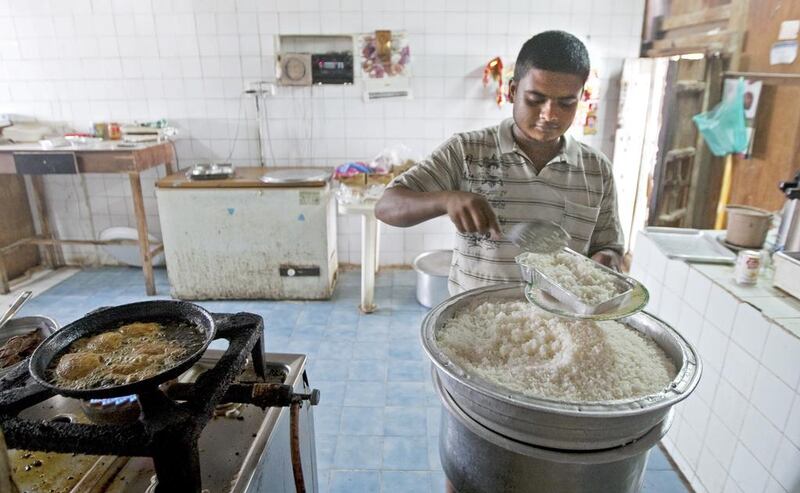Abu Dhabi plans to spend about US$130 million this year on acquiring and developing land for food security projects around the world, according to Khadim Al Darei, Al Dahra Holding’s vice chairman and managing director.
The company specialises in the cultivation, production and trading of food commodities. It has a long-standing partnership with the Abu Dhabi Government and is planning to expand its holdings in Serbia, where it has 1,000 hectares of land and plans to expand its purchases there to reach 20,000 hectares.
“[We will spend] almost $130m on acquiring and developing land,” Mr Al Darei said. He was speaking at the Global Forum for Innovations in Agriculture in the capital in which more than 300 companies from around the world are participating.
He also said that the company was making good progress in Egypt, where it owns more than 54,600 hectares in Toshka, in the south of the country. The $100m project, which began in 2010, was delayed by the subsequent political upheavals that befell the country the following year.
Since November, however, when the central bank of Egypt moved to devalue the currency, the company’s agricultural exports have flourished, Mr Al Darei said.
As well as land in Egypt and Serbia, Al Dahra has 4,047 hectares in the US, 4,047 hectares in Spain and 2,023 Hectares in Australia. The focus of the UAE’s food security projects is to ensure a steady supply of basic staples such as wheat and rice.
The UAE is one of the world’s largest consumers of rice per capita, with overall consumption expected to hit 836,000 tonnes during the 2016-17 marketing year, a year-on-year increase of 16 per cent, according to the foreign agriculture service of the US department of agriculture.
Al Dahra has said that it aims to create a strategic rice reserve in Abu Dhabi of about 30,000 tonnes.
As well as acquiring land in other countries, Al Dahra also makes agreements to ensure a constant supply of other food grains.
The company last year signed an agreement with Jordan for 400,000 tonnes of wheat every year and 400,000 tonnes of barley.
Al Dahra Holding said in December that it had established a rice processing factory in the capital’s Khalifa Industrial Zone. The Dh140m plant, run by Al Dahra unit Al Dahra Kohinoor, has 40 silos, each with a capacity of 750 tonnes, and will process up to 120,000 tonnes of rice per year.
Al Dahra said the plant, spanning 100,000 square metres, will increase the UAE’s food security by having major production facilities within the country’s borders.
When it comes to food, the GCC region is vulnerable to supply shocks because of the instability in the region.
Imports account for between 80 and 90 per cent of food consumption in the GCC, where food self-sufficiency is unattainable because of the high temperature, low rainfall and scarce renewable freshwater sources.
Events such as the 2011 uprisings, political instability in Egypt and Syria, food price spikes and Iran’s threats to close the Strait of Hormuz have heightened the risks, according to analysts at Chatham House, an independent policy institute based in London.
mkassem@thenational.ae
Follow The National's Business section on Twitter





